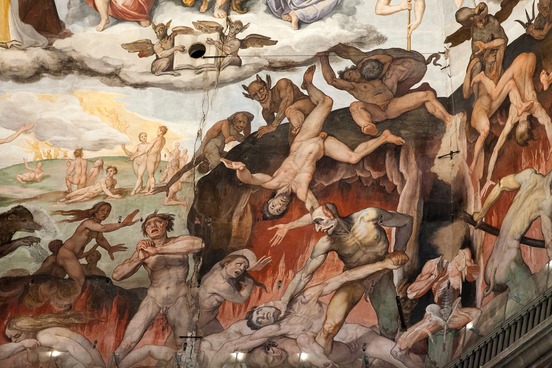The concept of Armageddon has fascinated and terrified humanity for centuries. Rooted in religious texts, particularly within the Christian tradition, Armageddon is often depicted as the ultimate battle between good and evil, signaling the end of the world as we know it. This apocalyptic event has been the subject of theological debate, literary exploration, and cultural representation. But an intriguing and often overlooked question arises: What day of the week is Armageddon supposed to occur?
To address this question, we must delve into the origins and interpretations of Armageddon, examine historical and contemporary perspectives, and consider the symbolic significance of days within religious and cultural contexts.
Origins of Armageddon
The term “Armageddon” originates from the Bible, specifically the Book of Revelation, the final book of the New Testament. Revelation 16:16 states, “And they gathered them together to the place which in Hebrew is called Har-Magedon.” The name Har-Magedon, or Armageddon, is generally understood to refer to a mountain (har) near Megiddo in ancient Israel. Megiddo was a significant site for numerous historical battles, thus making it a fitting symbol for the ultimate clash between divine forces.
The Book of Revelation, attributed to John of Patmos, is a work of apocalyptic literature written around the end of the first century CE. It uses vivid and often cryptic imagery to convey its message, making it open to a wide range of interpretations. The narrative describes a series of cataclysmic events leading to the final confrontation between the forces of good, led by Christ, and the forces of evil, embodied by Satan and his followers.
Interpretations of Armageddon
Throughout history, theologians, scholars, and religious leaders have offered various interpretations of Armageddon. These interpretations influence how different communities perceive the event’s nature and timing.
Literal Interpretations
Literal interpretations of Armageddon see it as a future historical event that will take place at a specific time and location. Believers in this view often look for signs in current events, interpreting wars, natural disasters, and political upheavals as precursors to the final battle. Some Christian denominations, particularly within evangelical and fundamentalist traditions, adhere to this literal perspective.
Symbolic Interpretations
In contrast, symbolic interpretations view Armageddon as a metaphor for the ongoing spiritual struggle between good and evil. According to this perspective, Armageddon is not confined to a single event or location but represents the culmination of human history’s moral and ethical conflicts. Many mainstream Christian denominations, as well as some Jewish and Islamic traditions, lean towards this symbolic understanding.
Cultural and Literary Representations
Armageddon has also permeated popular culture, inspiring countless books, movies, and other media. These representations often blend literal and symbolic elements, creating vivid and dramatic depictions of the end times. Works like Hal Lindsey’s “The Late Great Planet Earth” and Tim LaHaye and Jerry B. Jenkins’ “Left Behind” series popularized modern apocalyptic narratives, influencing public perceptions of Armageddon.
The Significance of Days in Religious Contexts
To explore the question of what day of the week Armageddon might occur, it’s essential to consider the symbolic importance of days within religious traditions. In Judeo-Christian contexts, certain days hold particular significance:
Friday
In Islam, Friday is the most important day of the week, known as Jumu’ah. It is a day of communal prayer and reflection. For Christians, Friday holds significance as Good Friday, the day of Christ’s crucifixion. An apocalyptic event on a Friday might emphasize themes of sacrifice, judgment, and redemption.
Saturday
Saturday, or the Sabbath, holds great importance in Judaism and some Christian denominations. It is a day of rest and spiritual reflection, commemorating God’s rest after creating the world. An Armageddon on a Saturday could symbolize the end of one era and the beginning of eternal rest and peace.
Sunday
In Christianity, Sunday is the Lord’s Day, commemorating the resurrection of Jesus Christ. It is a day of worship and rest, symbolizing new beginnings and spiritual renewal. If Armageddon were to occur on a Sunday, it could be seen as aligning with themes of resurrection and the ultimate victory of good over evil.

